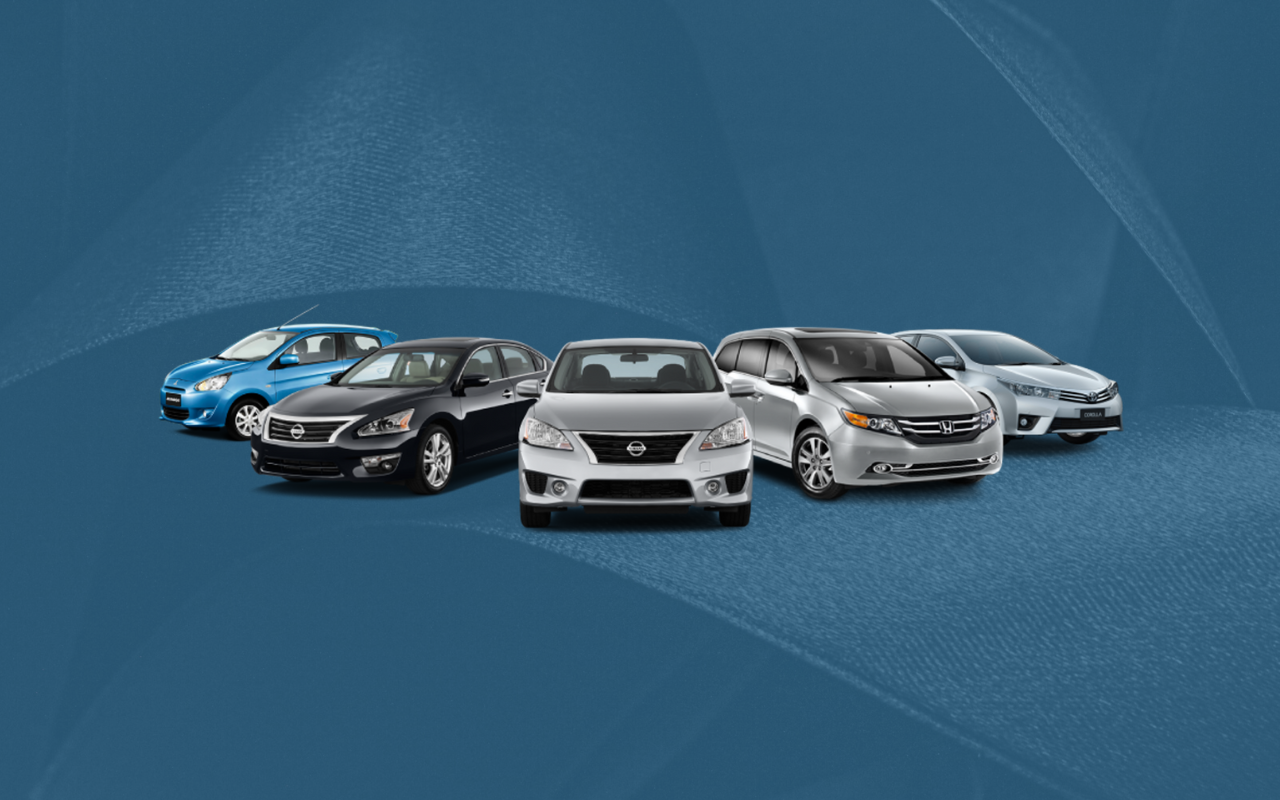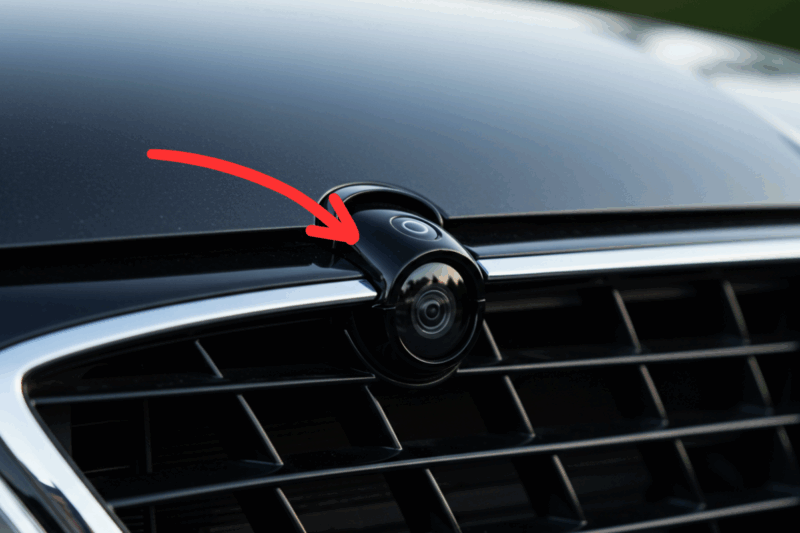The automotive industry is undergoing a seismic shift, driven by advancements in technology that are transforming the way we interact with our vehicles. Connected cars, equipped with internet access and advanced communication systems, are at the forefront of this revolution. These vehicles are more than just modes of transportation, they are becoming intelligent platforms that enhance safety, convenience, and efficiency on the road.

The Rise of Connected Cars
Connected cars utilize technologies such as sensors, GPS, cellular networks, and cloud computing to communicate with external systems, other vehicles, and even infrastructure. This connectivity enables a range of features that were once considered science fiction but are now becoming standard.
From real-time traffic updates to predictive maintenance alerts, connected cars are designed to make driving smarter and more seamless. According to industry forecasts, the global connected car market is expected to grow exponentially in the coming years, driven by consumer demand for enhanced safety and convenience features.
Transforming Safety on the Road
One of the most significant impacts of connected cars is their ability to improve road safety. Advanced Driver Assistance Systems (ADAS), powered by connectivity, provide features like lane departure warnings, adaptive cruise control, and collision avoidance systems. These technologies help reduce human error, which is a leading cause of accidents worldwide.
Moreover, Vehicle-to-Vehicle (V2V) and Vehicle-to-Infrastructure (V2I) communication allow cars to share data about road conditions, traffic patterns, and potential hazards. For instance, if a car detects ice on the road ahead, it can alert nearby vehicles to slow down or adjust their routes. These capabilities are paving the way for safer roads and fewer accidents.
Enhancing Convenience and Efficiency
Connected cars are also redefining convenience for drivers. Navigation systems now offer dynamic routing based on real-time traffic data, saving time and reducing fuel consumption. Voice-activated controls and smartphone integration enable drivers to manage calls, messages, and entertainment without taking their eyes off the road.
Additionally, predictive maintenance features use data from sensors to monitor the health of a vehicle. Drivers receive alerts when parts need servicing or replacement, minimizing unexpected breakdowns and optimizing vehicle performance.
Fleet management is another area benefiting from connected car technology. Companies can track their vehicles in real-time, monitor driver behavior, and optimize routes to improve efficiency and reduce operational costs.
The Role of Artificial Intelligence
Artificial Intelligence (AI) plays a pivotal role in the evolution of connected cars. AI algorithms analyze vast amounts of data collected from sensors and cameras to make split-second decisions that enhance safety and performance. For instance, AI-powered systems can detect pedestrians or cyclists in blind spots and take corrective action to prevent accidents.
Machine learning is also enabling personalization in connected cars. By analyzing driving patterns and preferences, vehicles can adapt settings such as seat position, climate control, and music playlists to suit individual drivers.
Challenges and Considerations
While connected cars offer numerous benefits, they also present challenges that need to be addressed. Cybersecurity is a critical concern as vehicles become increasingly reliant on internet connectivity. Protecting sensitive data and ensuring that systems are secure from hacking is paramount to maintaining trust in this technology.
Privacy is another issue that requires careful consideration. Connected cars collect vast amounts of data about drivers’ habits, locations, and preferences. Manufacturers must ensure transparency in how this data is used and provide options for users to control their privacy settings.
Finally, the infrastructure required to support connected cars, such as 5G networks and smart traffic systems needs to be developed at scale. Collaboration between governments, tech companies, and automakers will be essential to create an ecosystem that enables these vehicles to thrive.
The Road Ahead
Connected cars are not just a glimpse into the future. They are here today, changing the way we drive in profound ways. As technology continues to evolve, we can expect even more innovative features that will make driving safer, more convenient, and environmentally friendly.
The journey toward fully autonomous vehicles is closely tied to the progress of connected car technology. While there are still hurdles to overcome, the potential benefits ranging from reduced traffic congestion to lower emissions are too significant to ignore.
For drivers, manufacturers, and policymakers alike, embracing connected car technology represents an opportunity to redefine mobility for the better. The road ahead is undoubtedly exciting and increasingly interconnected. What are your thoughts on connected cars? Do you see them as a positive step forward or a challenge waiting to be solved? Share your insights in the comments below.

![[Apple CarPlay vs Android Auto] Which One Is Better for Drivers?](https://autoreviewzone.us/wp-content/uploads/2025/06/apple-carplay-vs-android-auto-which-one-is-better-for-drivers-800x533.png)

